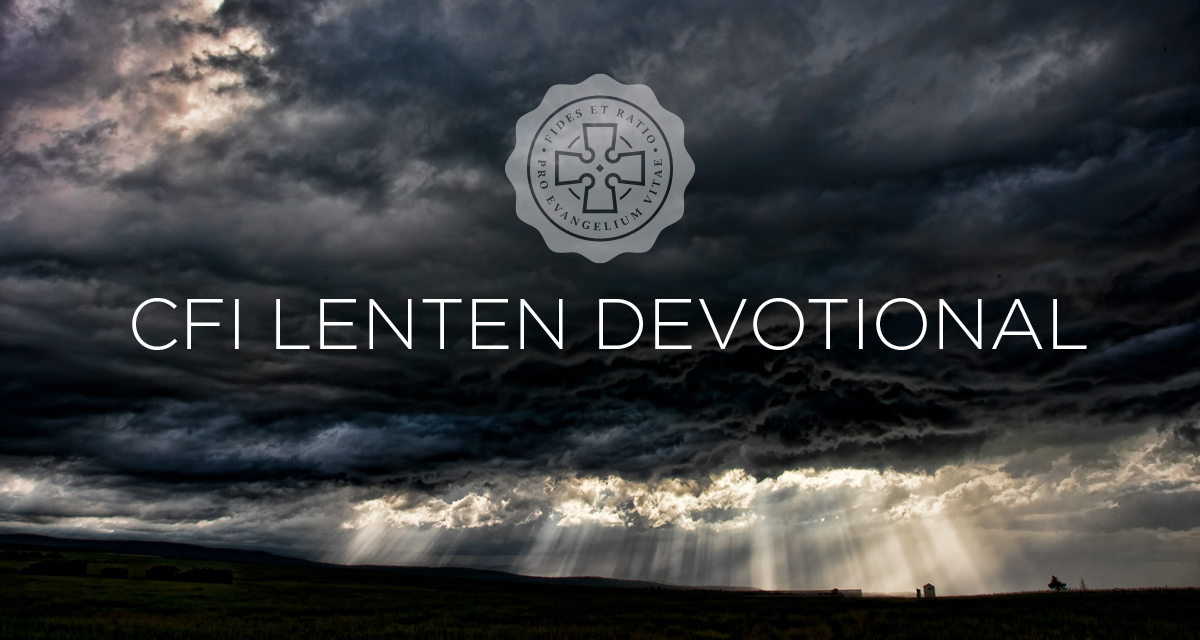Easter Devotional: High King of Heaven, My Victory Won
During Lent, the Center for Faith and Inquiry (CFI) shared weekly meditations penned by members of the Gordon community. Thank you for joining CFI this Lenten season in prayer, in contemplation and in anticipation.
Easter Sunday: Psalm 118:1–2, 14–24, Acts 10:34–43 and Matthew 28:1–10
Let us escort a set of biblical characters out of their stained glass poses into the early morning shadows after the Passover and Sabbath. Their hearts were shattered from witnessing the brutal execution and hasty burial of their beloved Rabbi. As they headed towards the heavily guarded tomb, an earthquake shook the ground under their feet, causing them to cling to one another in fright and sending huge rocks cascading out of their places (Matthew 28:1–10). We know that full daylight and the announcement from the stunningly radiant angel would turn their fear into joy, but they did not. What drew them back to that tomb through waves of uncertainty and heart-stopping terror?
Flash back a week: I’m guessing those same women had been singing Psalm 118 as they entered Jerusalem—surrounding Jesus with waving palm branches and exultant chants. It’s the psalm that starts and ends with: “O give thanks to the Lord for He is good, and His steadfast love endures forever.” As they joyfully accompanied Jesus into the city, they sang “Hosanna, O Lord; save us. Blessed is He who comes in the name of the Lord” (verses 25–26, reverberating into the Gospels).
Earlier in the psalm, they had sung “the Lord is my Strength, my Song, and He has become my Salvation” (verse 14). This same declaration echoes the beginning of the song Moses taught the Israelites after the Lord rescued them from centuries of crushing bondage in Egypt and brought them triumphantly through sea (Exodus 15:2). Before they entered the sea—with Egyptians pressing from behind and the sea before them—Moses told them: “don’t be afraid; stand and see the salvation of the Lord (Exodus 14:13). Isaiah took up the same refrain again as an antidote to fear and an encouragement to trust (Isaiah 12:2). Embedded in their cultural memory were those unchanging truths and they sang them. Now they were on the cusp of an utterly transformative deliverance; their Lord shattered once for all the chains of sin and death. What a cause for jubilant songs! What better way to bear witness to life-changing reality!
“And when the strife is fierce, the warfare long, steals on the ear the distant triumph song; and hearts are brave again and arms are strong; Alleluia!” “High King of heaven, my victory won!”
By Elaine Phillips, Distinguished Professor Emeritus of Biblical Studies and Harold John Ockenga Professor of Biblical and Theological Studies
 The Bell
The Bell